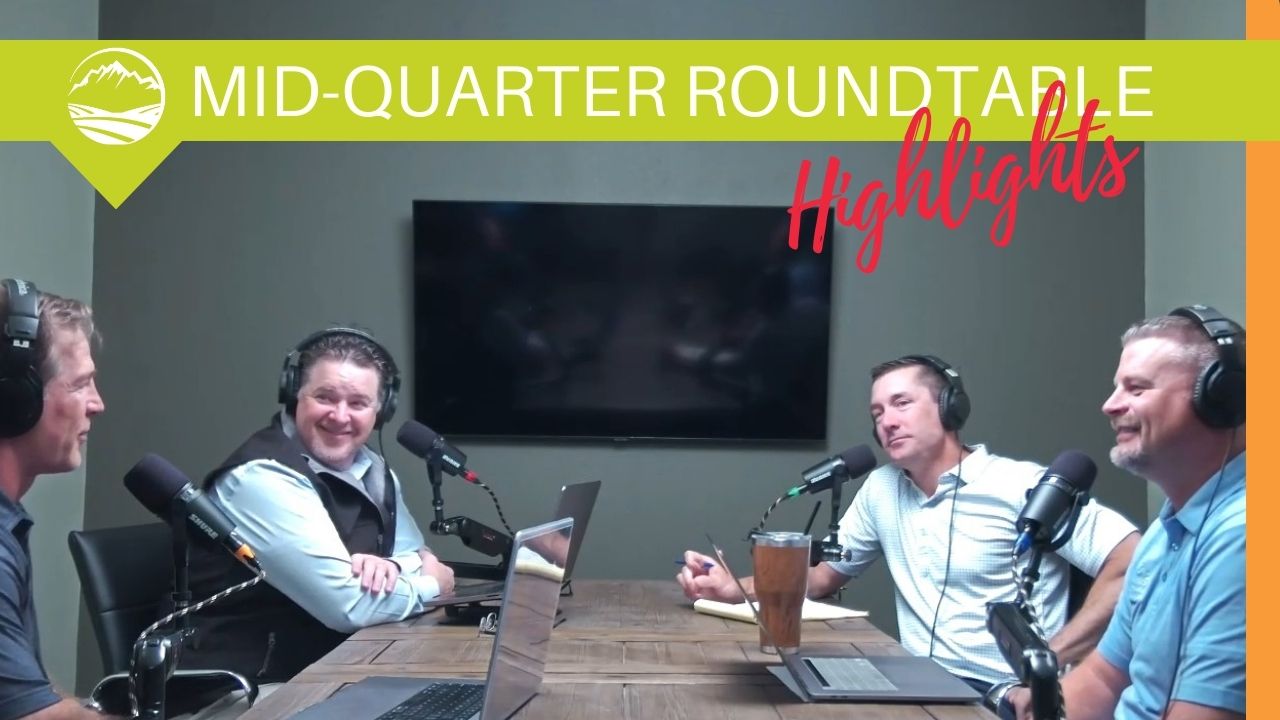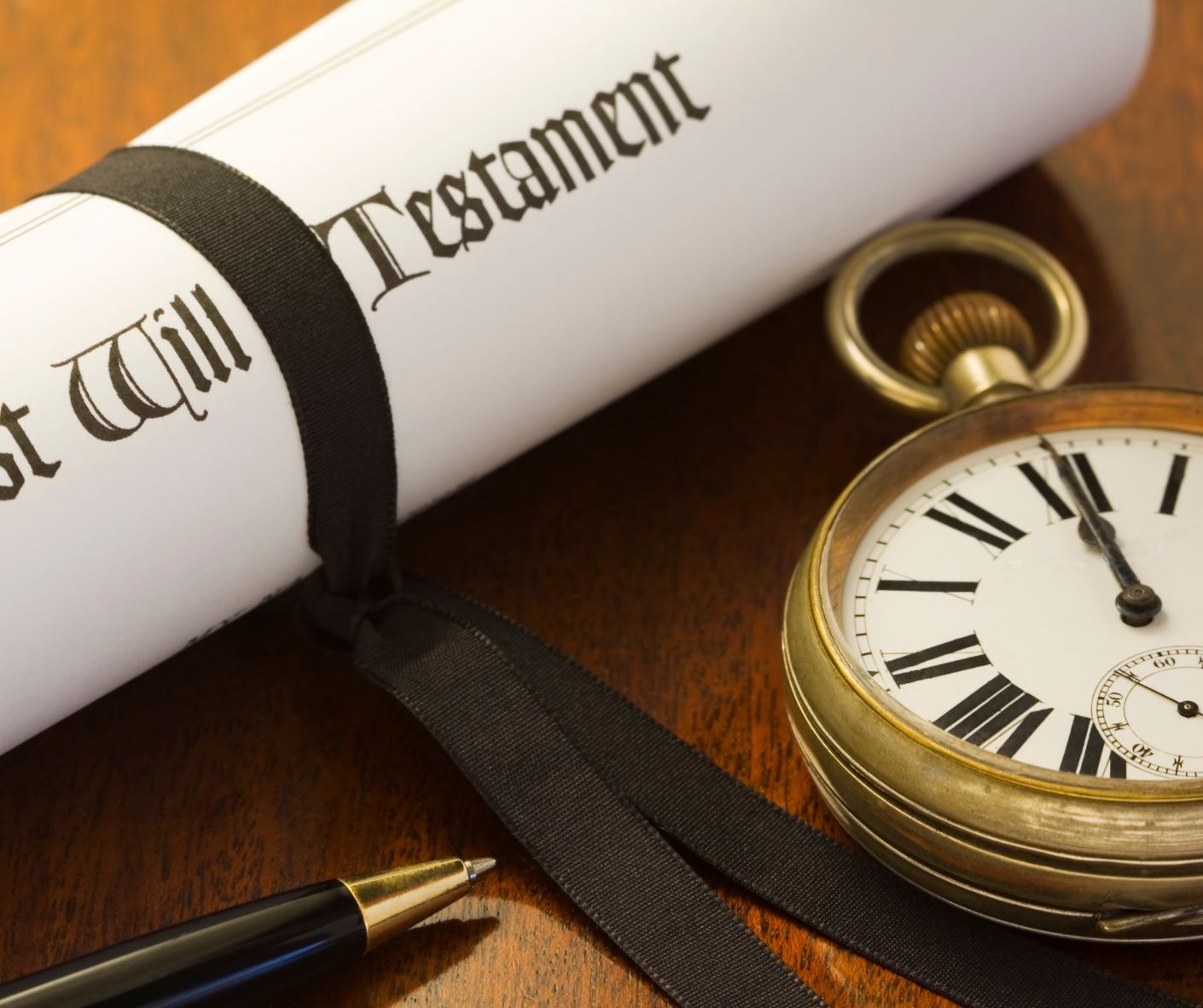You are now leaving the Strong Valley Wealth & Pension, LLC ("Strong Valley") website. By clicking on the "Schwab Alliance Access" link below you will be entering the Charles Schwab & Co., Inc. (“Schwab”) Website. Schwab is a registered broker-dealer, and is not affiliated with Strong Valley or any advisor(s) whose name(s) appears on this Website. Strong Valley is/are independently owned and operated. Schwab neither endorses nor recommends Strong Valley. Regardless of any referral or recommendation, Schwab does not endorse or recommend the investment strategy of any advisor. Schwab has agreements with Strong Valley under which Schwab provides Strong Valley with services related to your account. Schwab does not review the Strong Valley website(s), and makes no representation regarding the content of the Website(s). The information contained in the Strong Valley website should not be considered to be either a recommendation by Schwab or a solicitation of any offer to purchase or sell any securities.

With all of the time and effort you’ve invested into your business, you owe it to yourself to ensure that your business will continue to flourish through developing a business succession plan. When you’re ready to retire or in the unforeseen event such as death or disability, you can help make certain of a smooth transition by considering these key aspects of succession planning.

If you’re a small business owner, you’ve invested a great deal of time and effort into building your company. With day-to-day demands, it may be difficult to imagine your eventual transition into retirement. Yet, if you want to build personal financial security and ensure business continuation, it is important to plan ahead. Business succession planning can help create retirement income for a retiring business owner and facilitate the transfer of operations and/or ownership to family or another entity. A succession plan can also provide a strategy to handle unforeseen events, such as death or disability.
It is never too early to begin planning for succession. An early start can allow you ample time to develop an appropriate exit strategy, choose the right person to be your successor, and train your successor to manage the daily operations of your company. Consider the following points to create a foundation for a successful plan:
A key aspect of planning for continuation is calculating the worth of your business. There are a variety of techniques for business valuation, and the most appropriate will depend on your business circumstances. A qualified professional can help you choose strategies for valuation.
It is important for a retiring business owner to plan his or her departure from the day-to-day operations of the business. A solid plan can help ensure this transition will go smoothly, as well as facilitate the transfer of ownership.
If you plan to keep ownership and control of your business within your family, start by assessing your family members’ interests and qualifications, and how well they match the needs of the business. Discuss with family members who will participate in the company and in what capacity. Then, determine how working members will be compensated and what will be given to nonparticipating members.
If you expect unrelated parties to carry on the business, meet with the key people involved for an in-depth discussion about the company and its future. If succession involves the sale of the business, be prepared to address such issues as what the purchase price will be, how it will be paid, and when the succession plan will be activated.
Through your business plan, you can outline clear-cut, short-, medium-, and long-term business goals for your successor, along with an action plan for achieving them.
Include budgets and financial forecasts that can be modified according to changing conditions in both the industry and the economy.
Depending on the type of business, its value, and your personal financial situation and goals, determine the best ownership transfer strategy for your business. There are a variety of ways to structure and fund buy-sell agreements. For transfers to family members or charity, gifting may be an appropriate option. Consult your tax and legal professionals for specific guidance.
Regardless of your intentions for succession, it can be helpful to compile current information in case an unforeseen event, such as a death or disability, occurs before you have finalized your succession plan. This information should include the following:
A comprehensive succession plan involves strategies to handle a number of financial, legal, and tax issues. For instance, how will a successor secure funds to buy out a retiring, deceased, or disabled owner’s share of the business? What are the estate planning issues? How can an owner minimize gift taxes resulting from the transfer of company stock to family members? Such situations can be addressed in a succession plan, with the guidance of qualified financial, legal, tax, and insurance professionals.
You owe it to yourself to ensure that your business will continue to flourish after your retirement, as well as in the event of death or disability. Proper planning through a business succession plan can help provide long-term security for your retirement, your company’s future, and your family.



